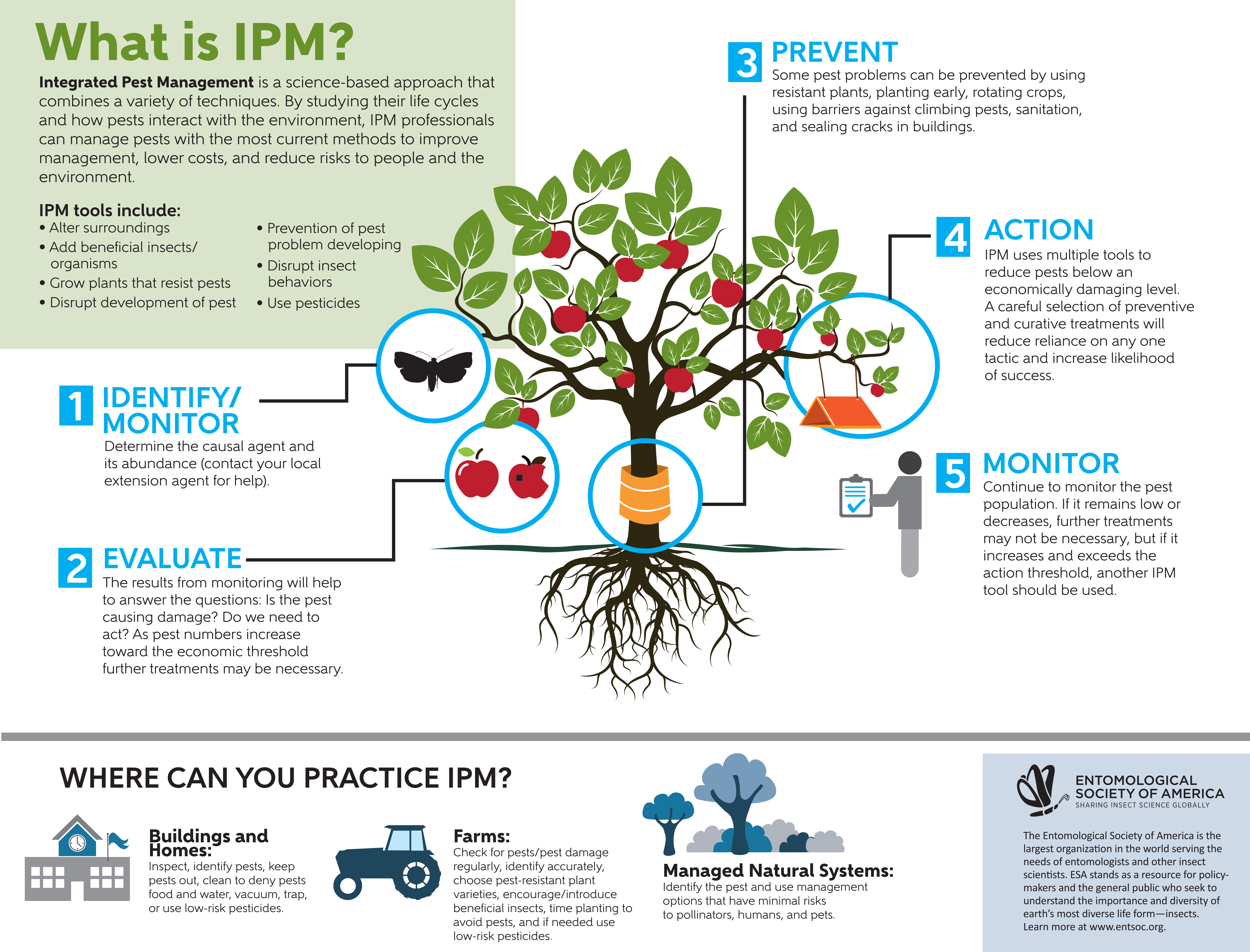Protecting Your Garden From Pests: Strategies For A Pest-Free Outdoor Space
Protecting Your Garden From Pests: Strategies For A Pest-Free Outdoor Space
Blog Article
Authored By-Shaffer Hartvig
Visualize your garden as a haven, a location of serenity and elegance. Nevertheless, the presence of exterior insects can swiftly disrupt this idyllic picture. Suppose there were easy yet efficient means to keep these undesirable site visitors at bay and protect your yard sanctuary? By following a few sensible ideas and implementing all-natural techniques, you can develop an unified outside space where your plants can flourish uninterrupted.
Natural Pest Deterrents
To keep parasites far from your yard normally, plant fragrant natural herbs like mint and lavender. These great smelling plants not only include charm to your garden but likewise serve as effective bug deterrents. Insects like insects, flies, and even some garden-damaging insects are pushed back by the strong fragrances released by these natural herbs. Just putting them tactically around your garden can aid produce an all-natural barrier against unwanted bugs.
In addition to mint and lavender, think about growing other herbs like rosemary, basil, and lemongrass to better boost your yard's pest-proofing abilities. These natural herbs not only act as natural repellents but likewise have the included advantage of serving in cooking or crafting self-made remedies.
Strategic Plant Placement
Think about the format of your garden and the types of plants you have to purposefully put them for maximum pest-proofing effectiveness.
Beginning by grouping plants with similar resistance to pests together. By doing https://www.hometownstation.com/santa-clarita-news/business/unipest-termite-and-pest-control-in-santa-clarita-has-many-tips-and-tricks-for-catching-certain-rodents-and-mammals-381325 , you can create a natural obstacle that discourages insects from spreading out throughout your yard.
Additionally, placing pest-repelling plants like marigolds, lavender, or mint near more vulnerable plants can aid shield them. High plants, such as sunflowers or corn, can serve as a shield for shorter plants against pests like bunnies or ground-dwelling pests.
Keep in mind to leave adequate space in between plants to improve air flow and decrease the risk of conditions that pests may bring.
Furthermore, consider growing strong-smelling natural herbs like rosemary or basil near prone plants to puzzle parasites' senses and make it harder for them to locate their targets.
Effective Parasite Control Approaches
For combating garden insects successfully, executing a multi-faceted parasite control technique is crucial. Begin by encouraging all-natural killers like birds, ladybugs, and praying mantises to aid maintain pest populations in check. Introducing plants that draw in these helpful pests can aid in parasite control. In addition, exercising excellent yard hygiene by removing debris and weeds where bugs might hide can make your yard less hospitable to unwanted visitors.
Take into consideration using physical obstacles such as row cover textiles or netting to shield at risk plants from parasites like caterpillars and birds. Using organic pesticides like neem oil or insecticidal soap can likewise be effective against specific parasites while being less unsafe to useful pests and the environment. It's essential to rotate your plants each season to prevent the accumulation of bug populations that target certain plants.
Routinely evaluate your plants for indicators of pest damage so you can act without delay. By combining these techniques and remaining vigilant, you can properly manage garden parasites and take pleasure in a thriving, pest-free garden.
Conclusion
So, there you have it - with the best methods, you can keep pesky outdoor parasites away from your yard and help your plants grow.
Did great site understand that planting mint has been shown to fend off insects and other pests, reducing the need for harmful chemicals by approximately 60%?
By incorporating all-natural deterrents and smart growing methods, you can produce a stunning and pest-resistant yard sanctuary for you to enjoy.
